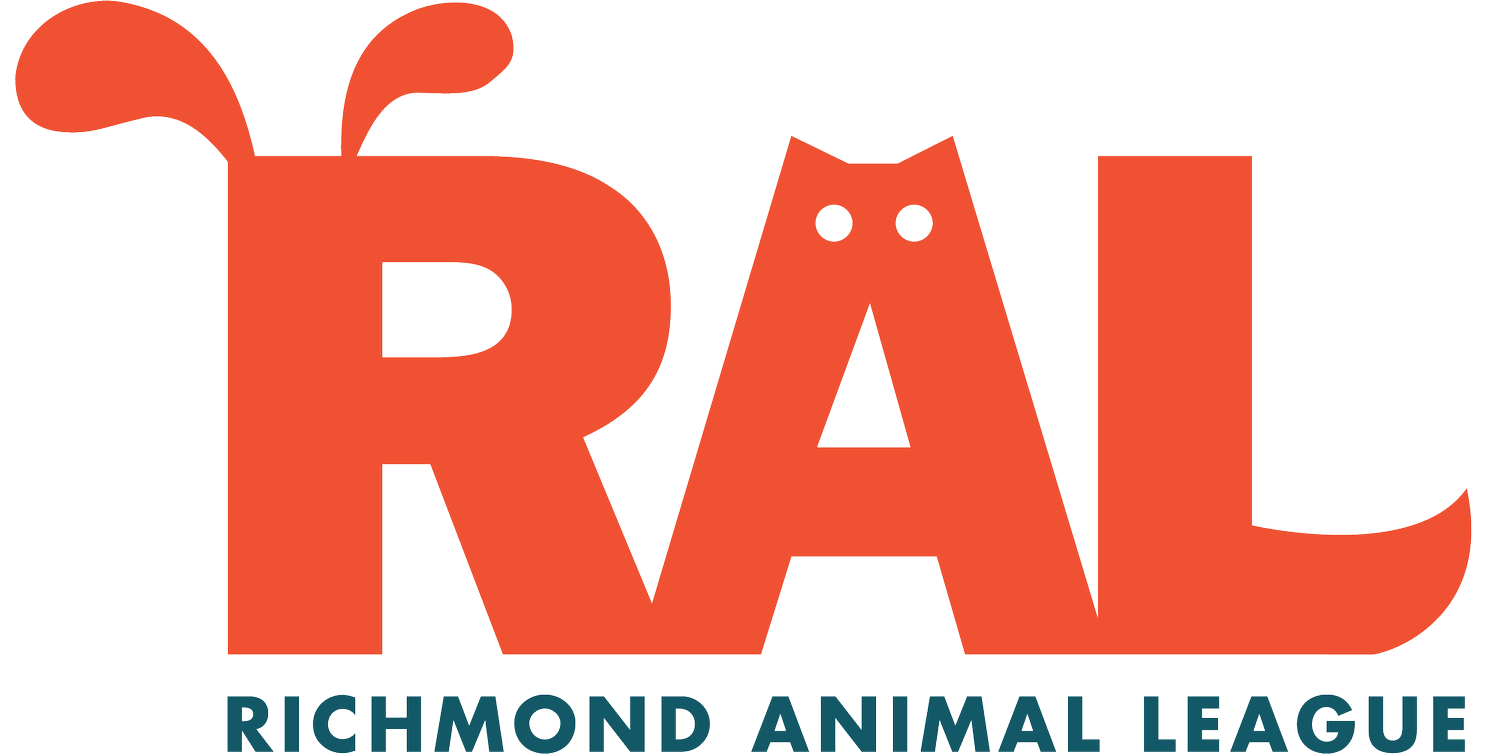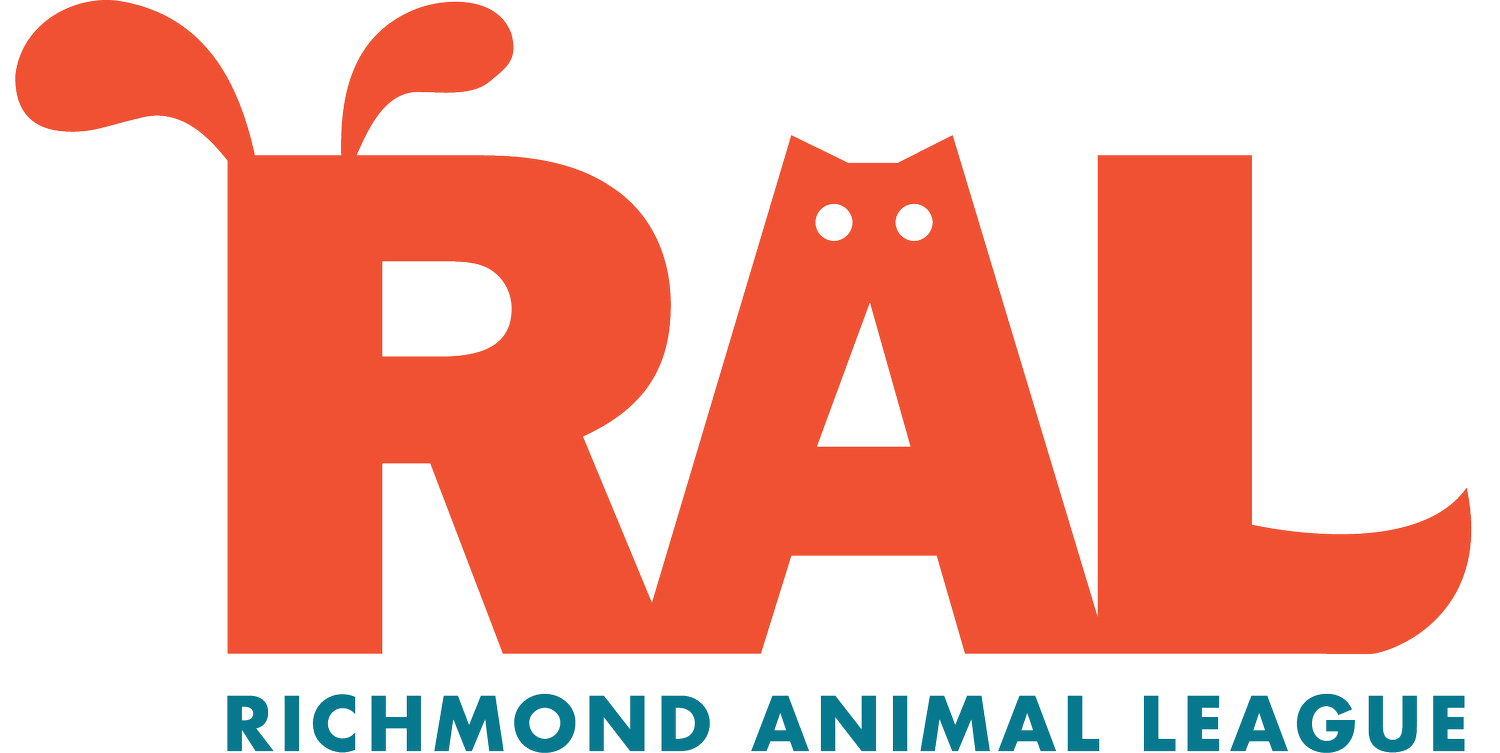Holiday Pet Safety
It’s holiday season, and of course we all want to include our furry family members in the festivities. As you gear up for the holidays, it is important to try to keep your pet’s daily routine as close to normal as possible and avoid any things that could cause them discomfort or harm.
When planning holiday parties, be sure to have a plan for your pets. Although the excitement of a holiday party may overwhelm some pets, please keep them inside during cold weather and provide toys and treats to keep them busy. If needed, provide your pet with a quiet room or crate when guests visit so they can feel comfortable in their own safe space. Always inform visitors ahead of time that you have a pet and let them know if your pet enjoys attention or prefers to be left alone.
Also, please be sure to steer pets clear of the following unhealthy treats, toxic plants and dangerous decorations.
Be Careful with Seasonal Plants and Décor
Décor to watch out for
Ornaments are pretty, but make sure any breakables are out of reach.
Oh, Christmas Tree Oh, Christmas Tree: Securely anchor your Christmas tree so it doesn't tip and fall, as this can possibly injure your pet. Also be sure your pet cannot access the tree water, which often contains fertilizers that can cause an upset tummy. Stagnant tree water is a breeding ground for bacteria, and your pet could end up with nausea or diarrhea should they imbibe.
Deck the Halls, but NOT with Holly: When ingested, holly can cause pets to suffer nausea, vomiting and diarrhea. Mistletoe can cause gastrointestinal upset and cardiovascular problems. And many varieties of lilies can cause kidney failure in cats if ingested. Instead, opt for artificial plants made from silk or plastic, or choose a bouquet of pet-safe plants.
The Truth About Tinsel: Kitties love this sparkly, light-catching "toy" that's easy to bat around and carry in their mouths. But nibbles often lead to ingestion, which can then lead to obstruction, severe vomiting, dehydration and possible surgery.
Candlelight so Bright: Don't leave lighted candles unattended. Pets may burn themselves or cause a fire if they knock candles over. Be sure to use appropriate candle holders, placed on a stable surface. Another option is fake candles, they even have remote controlled ones now!
Not so wireless: Keep wires and batteries away from pets’ reach. A wire can deliver a potentially lethal electrical shock and a punctured battery can cause burns to the mouth and esophagus.
Dangerous Décor: Keep breakable ornaments out of pets’ reach to prevent swatty paws knocking them off the tree to shatter on the floor. Shards of breakable ornaments can damage your pet's mouth and digestive tract. Maybe empty tree bottoms will become a new trend?
Holiday Food Dangers
Say No to Sweets: By now you know not to feed your pets chocolate and anything sweetened with xylitol, but pets will go to impossible lengths to gobble up something yummy. Make sure to keep your pets away from unattended food, and be sure to secure the lids on tupperware, cookie tins and garbage cans.
Leave the Leftovers: Fatty, spicy and no-no human foods, as well as bones, should not be fed to your furry friends. Include your pets in other fun ways that won't lead to upset tummies or costly medical bills.
Careful with Cocktails: If your celebration includes adult beverages, be sure to place your unattended party drinks where pets cannot reach them. If ingested, your pet could become weak, ill and may even go into a coma, possibly resulting in death from respiratory failure.
Kong, K-Kong, Kong, Kong
Give your pet a tasty treat or Kong to keep them occupied.
Totally Treat-worthy: Looking to stuff your pet's stockings with tasty treats? Stick with chew toys that are basically indestructible, Kongs that can be stuffed with healthy foods or chewies that are designed to be safely digestible. Long, stringy things are a feline's dream, but the most risky toys for cats involve ribbon, yarn and loose little parts that can get stuck in the intestines, often necessitating surgery. Keep kitty happy with a new ball that's too big to swallow, a stuffed catnip toy or the interactive cat dancer.
Visit The ASPCA’s People Foods to Avoid Feeding Your Pets page for more information about food safety.
Emergency Plan
No one wants to think about an emergency situation, but you should have a plan just to be safe.
Identify your closest 24/7 emergency veterinary clinic before an emergency occurs.
Write down or store in your phone the number for your veterinarian or pet hospital
Research and write down your pet hospital or clinic's holiday hours.
Write down or store in your phone the number of the ASPCA Animal Poison Control Center:
888-426-4435. *Note that a consultation fee may apply.




